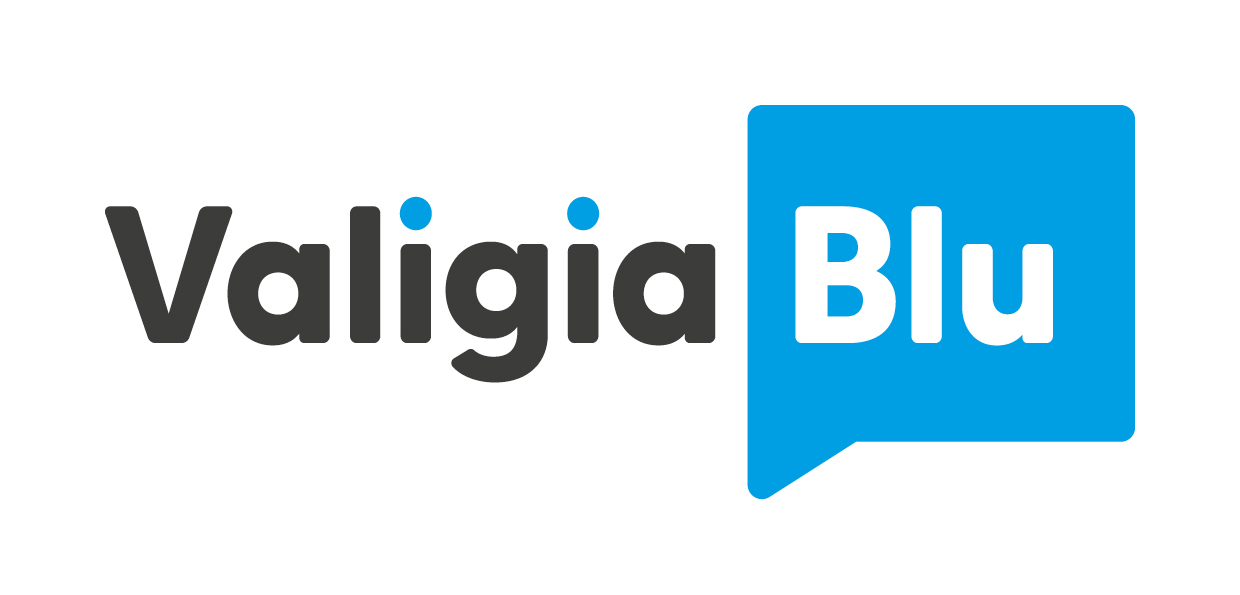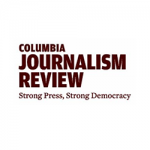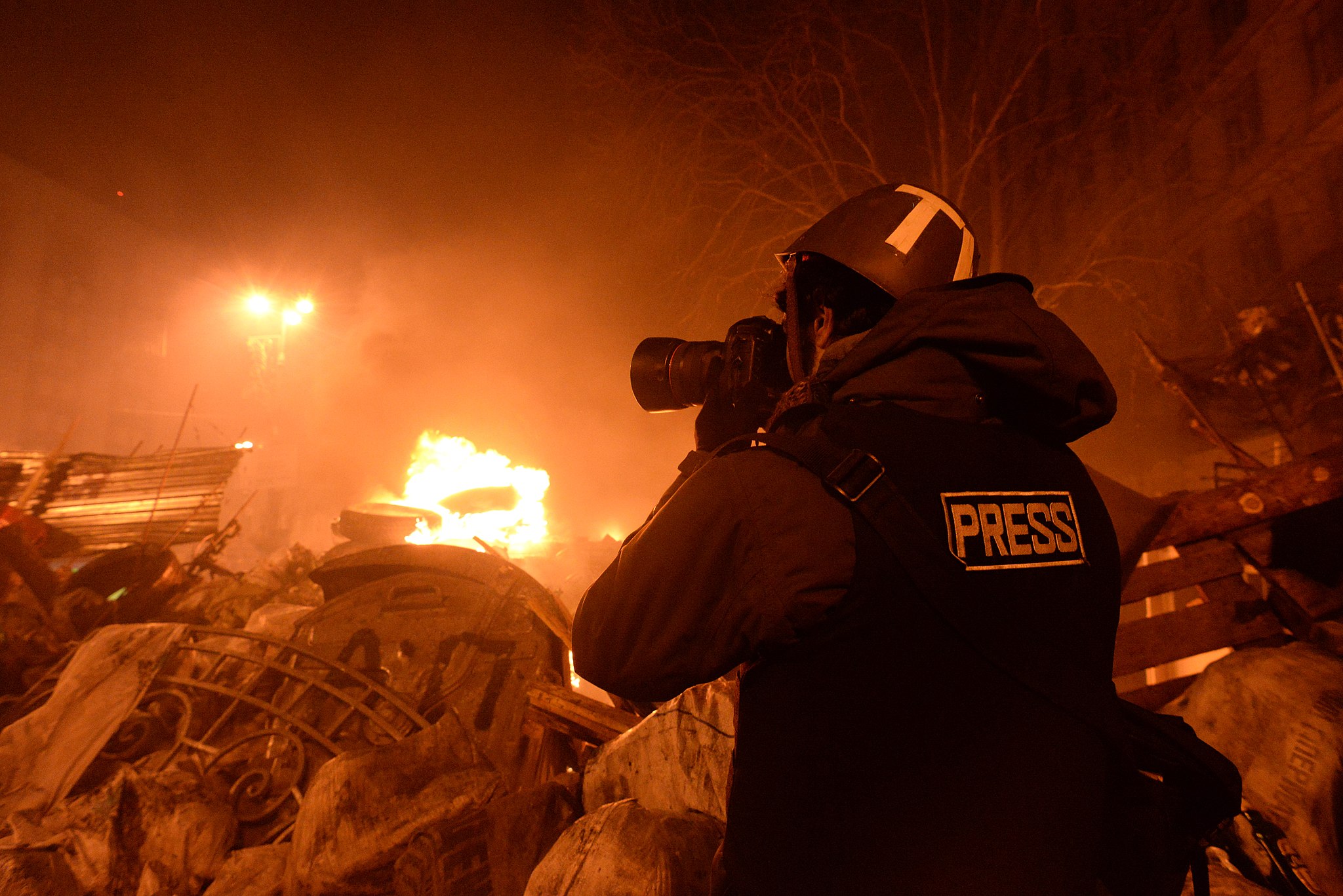Italian freelancer in Syria: checking @CJR fact-checking
5 min letturaThe article by Francesca Borri entitled Woman’s work - The twisted reality of an Italian freelancer in Syria published in the CJR on 01 July 2013 describes the tough realities of freelance work in a war zone. The article has received considerable attention in Italy, in part because it is relatively rare for an Italian (freelance) journalist to be published in the CJR.
The topic she addresses is an important one and her contribution to the ongoing debate on the role of freelancers and how mainstream media goes about its daily business of getting the news is to be welcomed. Additionally, the CJR deserves credit for being willing to give prominence to new voices with a vivid tale to tell. The number and range of comments the article has generated is testimony to its pertinence.
However, doubts about the article’s content have been raised in Italian social media. Only a handful of Italian journalists (freelance or mainstream) have covered the war in Syria on the ground and it seems curious that of this group no one has so far been able to corroborate some of her factual statements. The key points are the following:
1. she states that she was “shot in the knee” – when and where?
2. she states that “bits of brain splattered on me in Bosnia, when I was 23” - when and where exactly?
3. she states that while “the rebels and Syrian army battled for control” of Aleppo in September 2012 “I was the first foreign reporter to enter (the city)” – when exactly did she enter Aleppo?
Answers to these questions (whether from the CJR or from Francesca Borri herself) would help to remove any uncertainties about the authenticity of the article and the wisdom of the CJR’s decision to publish it.
UPDATE 26/7/2013
[ENG]
Francesca Borri has publicly, if indirectly, addressed our questions of 15 July in an article written (in Italian) by Anna Masera on 24 July in the Italian daily La Stampa.
To summarise, Francesca Borri wasn’t the first foreign reporter to enter Aleppo, she wasn’t (fortunately) shot in the knee and mystery still surrounds the bits of brain which splattered on her in Bosnia.
Broader questions remain in connection with the publication of her article in the CJR on 01 July:
> why didn’t the CJR fact-check the article before publishing it?
> why didn’t the CJR reply to us when we publicly raised doubts about the content of the article?
> given that the CJR didn’t fact-check this article, should one conclude that the CJR doesn’t fact-check any of the articles it publishes? Or only some and not others? In which case, by what criteria does the CJR decide when to fact-check and when not to?
The real protagonist here is not so much Francesca Borri as the CJR. It’s understandable if unwise for a young and relatively unknown freelance journalist to embellish an article with vivid/gory personal details in the hope of making it more likely to be accepted for publication. What is inexplicable is not only for the CJR to fall for this, but then also studiously ignore legitimate questions arising from the article’s publication. This whole tawdry episode cannot but damage the CJR’s reputation.
[ITA]
Su La Stampa, a firma di Anna Masera, è stata pubblicata la risposta di Francesca Borri ad alcune domande sorte nel pubblico dibattito per l’articolo della stessa Borri apparso sulla Columbia Journalism Review. L’ordine e la numerazione delle risposte riprende il nostro articolo, per cui ci sembra sensato, nel darne conto, accludere alcune considerazioni di principio.
Abbiamo accolto positivamente l’articolo sulla CJR, rilanciando con un dibattito ospitato sul nostro sito, perché quella del freelance è una delle strade che sta percorrendo il giornalismo contemporaneo, per cui le problematiche che lo riguardano sono per noi un tema centrale. Abbiamo perciò fatto delle domande, come altri, per capire e circostanziare alcuni dei fatti riportati. Abbiamo però scoperto, leggendo la replica, che porre delle domande è identico a fare basse allusioni su mascara o quant’altro, e ad avere poca considerazione per la vita umana.
È scritto ad esempio nell’articolo: “Speriamo domani non ricomincino a discutere di ginocchio e mascara…il mio bilancio siriano oggi è un amico rapito, tre amici morti”. Questo non è accettabile. Lo scriviamo consapevoli di poter essere additati come maestrini, o saccenti. Lo scriviamo perché preferiamo l’esercizio dell’onestà intellettuale alla ricerca di approvazione a tutti i costi. Che il giornalismo operi in contesti duri, e si occupi di temi terribili, come guerre o stragi, è un dato di fatto. Non può a nessun titolo essere usato per colpevolizzare chi pone, legittimamente, delle domande volte a focalizzare fatti e circostanze: anche questo è giornalismo.
Né si possono usare alcune velenose insinuazioni per tracciare una cornice fumosa in cui quella vile allusione è messa insieme alla domanda. Ci sono state allusioni od offese? Si scriva chi è stato, se è di pubblico interesse. È stato un collega? Un esagitato da tastiera su qualche blog? L’allusione non pertiene al giornalismo, ma al pettegolezzo di quartiere: la domanda invece sì, ne è l’essenza. Gli articoli di Francesca, del resto, sono scritti per rispondere a una domanda, nella certezza che la risposta sia di interesse pubblico: “che cosa succede in Siria?” E chi, come noi, ha posto domande sull’articolo per la CJR si è chiesto, ad esempio, “che cosa succede esattamente in Siria?”. E la parziale rettifica sulla questione di Aleppo, oltre a permettere a lei di far meglio il proprio lavoro, fa capire l’importanza di porre domande. Non ci risulta, del resto, che l’obbligo o la richiesta di rettifica, uno dei pilastri della deontologia professionale, vadano accantonato a seconda delle gravità dei temi trattati. Figurarsi il fact checking! Se così non fosse il lettore, ossia colui che deve essere informato, si troverebbe in questi casi sottoposto a una sorta di ricatto del contenuto.
Si scrive per un lettore, e dunque si comunica: e nella comunicazione il destinatario ha il suo ruolo e le sue responsabilità. Il giornalismo non avrebbe senso, all’ombra del ricatto emotivo del contenuto (mi fate domande mentre i miei amici muoiono?), perché imporrebbe a giornalista e lettore di specchiarsi a vicenda, sostituendo il principio di autorevolezza con la fiducia acritica. Mentre magari, al lettore, può interessare chi siano quei morti e quel rapito; le loro storie, a prescindere da chi le racconta. Le notizie, insomma, piuttosto della partecipazione emotiva a come un giornalista vive i fatti. A questo punto la nostra risposta, la risposta che sentiamo di dare, è il dibattito che abbiamo ospitato in queste due settimane su Valigia Blu.
Entrando nel merito delle spiegazioni date, dalle risposte, che ci sembrano fragili almeno quanto il silenzio, abbiamo capito che:
1) non c'è stato nessun proiettile (e per fortuna, visto che avrebbe avuto conseguenze tragiche);
2) su Aleppo le osservazioni di Tinazzi e Ricucci erano giuste e quindi semplicemente Borri si è sbagliata;
3) sulla Bosnia la risposta è fumosa, purtroppo, e non siamo riusciti a capire dove, come, quando saltassero cervelli nel 2003 (a quanto pare durante una sparatoria).
Riportiamo qui due commenti - sul blog de La Stampa - di Cristiano Tinazzi e Amedeo Ricucci in risposta all'articolo di Anna Masera:








